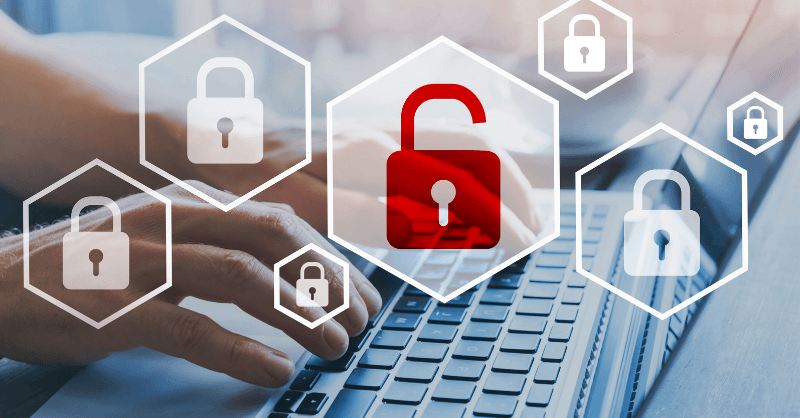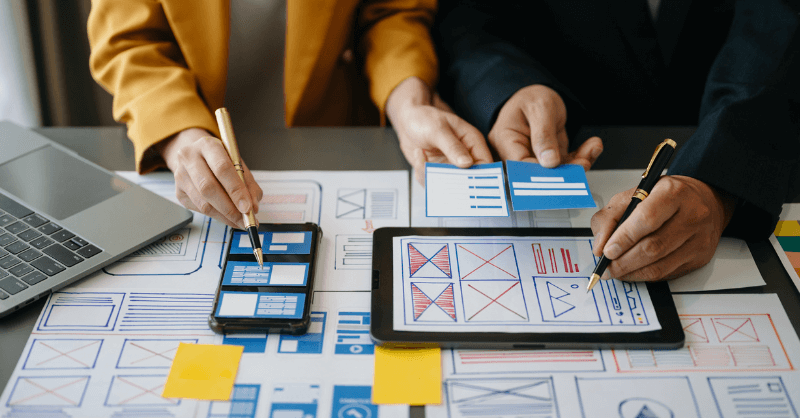Frequently Asked Questions (FAQs)
1. How crucial is eye contact in an interview?
Maintaining appropriate eye contact is crucial, as it conveys confidence and sincerity. It fosters a connection with the interviewer and indicates active engagement.
2. What should I do with my hands during an interview?
Keep your hands relaxed and use purposeful gestures to emphasize points. Avoid excessive fidgeting, as it may distract from your message.
3. Is mirroring always effective in an interview?
While mirroring can build rapport, it should be subtle and natural. Excessive mirroring may come across as insincere, so use it judiciously.
4. How can I control nervous habits during an interview?
Awareness is the first step. Identify your nervous habits and practice addressing them. Utilize relaxation techniques to manage anxiety.
5. Should I adapt my body language for different interview settings?
Yes, cultural and virtual settings may require adjustments. Stay mindful of cultural nuances and adapt your body language for virtual interactions.
6. Can dressing impact my interview success?
Absolutely. Dressing professionally signals respect for the interview process and aligns you with the company’s standards. Choose attire that reflects the job role and company culture.







 November 12, 2023
November 12, 2023













